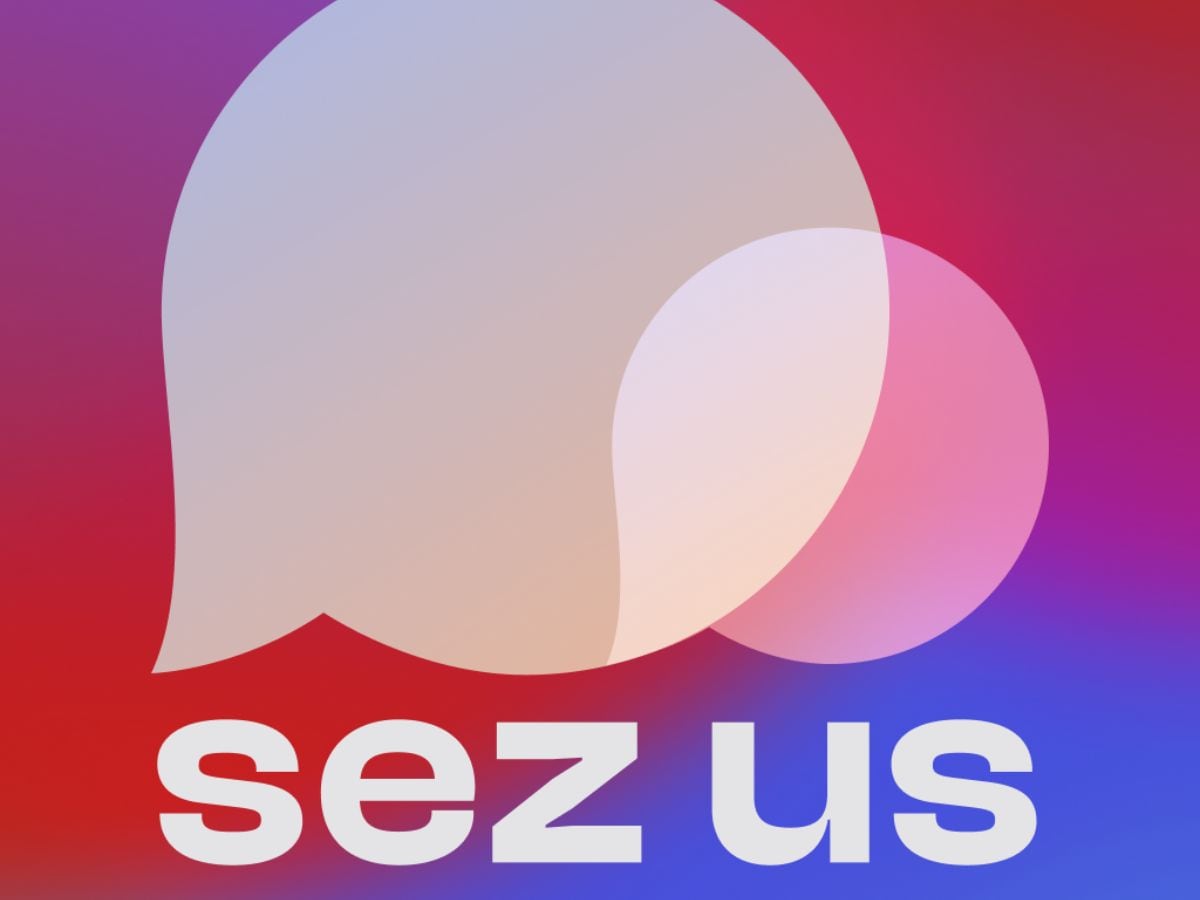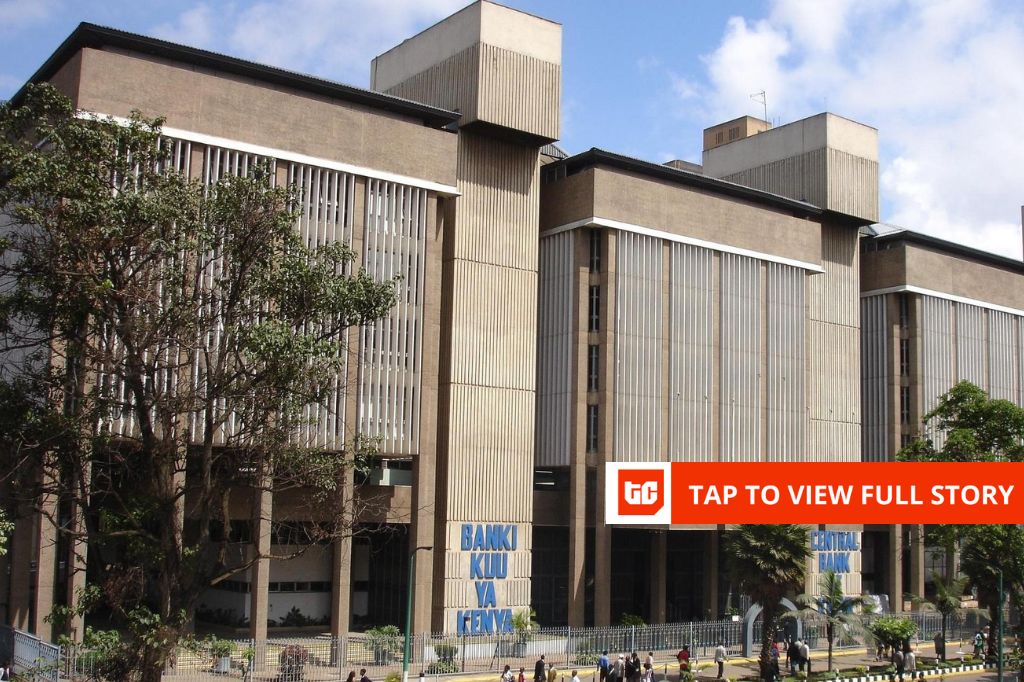Tencent Music Entertainment Group on August 12 reported revenue of RMB 8.44 billion ($1.16 billion) in the second quarter of 2025, beating the average estimate of 12 analysts surveyed by Yahoo Finance. The figure marked a 17.9% year-on-year increase, significantly higher than Tencent’s growth in the previous quarter. On a non-IFRS basis, net profit attributable to shareholders rose 37.4% to RMB 2.57 billion ($0.33 billion), the highest in the past year under the same metric. Tencent Music’s shares closed up 1.67% at HK$88.3 ($11.25) in Hong Kong on August 12, giving the company a market capitalization of nearly HK$273.5 billion ($34.84). Its US-listed shares rose more than 4% in pre-market trading following the earnings release.
Why it matters: Tencent Music is accelerating its push into long-form audio as part of a broader content strategy, while also expanding K-Pop collaborations to attract younger users amid declining overall traffic for its products.
Details: On the latest earnings call, CEO Liang Zhu said long-form audio was now an important content format Tencent was exploring as a complement to music. “Whether its independent memberships and advertising on Lazy Audio or long-form audio content within each of our music apps, both user scale and monetization have made great progress,” he said. Liang added that penetration of long-form audio in SVIP content consumption is steadily increasing, and if the company’s Ximalaya deal proceeds, there will be “substantial opportunities” in subscription revenue, advertising, and user scale.
- Driven by a shift toward music subscriptions and advertising, the company’s gross margin rose to 44.4% from 42% a year earlier. However, growth in artist merchandise and offline performances partially offset the margin gains.
- Despite strong competition, overall traffic for Tencent Music’s products is declining, despite a growth in paying users. In Q2, monthly active mobile users of online music services fell 3.2% year-on-year to 553 million, down 2 million from the previous quarter. Paying users grew 6.3% to 124.4 million, up 1.5 million quarter-on-quarter, with SVIP surpassing 15 million, representing a 12% penetration rate among paying users.
- Online music services, including subscriptions and advertising, remained the main revenue driver, rising 26% year-on-year to RMB 6.85 billion ($0.95 billion) Music subscription revenue grew 17.1% to RMB 4.38 billion ($0.61 billion), with monthly average revenue per paying user (ARPPU) climbing to RMB 11.7 ($1.63). Offline performances also contributed to growth, but Executive Chairman Cussion Pang said the company will not treat offline shows, the fan economy, and artist merchandise as standalone businesses, but rather as supporting elements of online growth.
Context: In recent years, Tencent Music has been building out its long-form audio offerings, including audiobooks and podcasts. On June 10, the company announced plans to acquire online audio platform Ximalaya for $1.26 billion in cash, which will make it a wholly owned subsidiary upon regulatory approval.
- The planned acquisition of Ximalaya marks one of Tencent Music’s biggest moves in the long-form audio space. The deal comes as the company’s revenue mix shifts toward subscription and advertising, while social entertainment continues to shrink under regulatory pressure. By combining long-form audio with its music ecosystem and tapping into fan-driven products such as Bubble, Tencent Music aims to deepen user engagement and offset slowing traffic growth.
Tencent Music is also strengthening ties with South Korea’s music industry to tap into China’s K-Pop fan base. It signed its first deals with The Black Label and H MUSIC, collaborated with SM Entertainment to produce a Chinese special album for NCT member Chenle, and hosted a concert by top Korean artist G-DRAGON in Macau.
- The company is testing new fan-oriented social media products. In Q2, QQ Music launched “Bubble,” a feature allowing fans to chat one-on-one with artists, receive voice messages, and get event updates for RMB 28 ($3.9) per month. The model is based on the Korean fan community, Lysn’s “Bubble,” which launched in early 2020, and initially features mostly Korean artists. Liang said the feature was created to meet strong demand among fans for direct communication with their idols, and that its usage was meeting expectations so far. Local Chinese artists will be added in the future, and the majority of current paying users are young and highly engaged. Tencent Music says it plans to integrate live streaming and other functions into Bubble.










